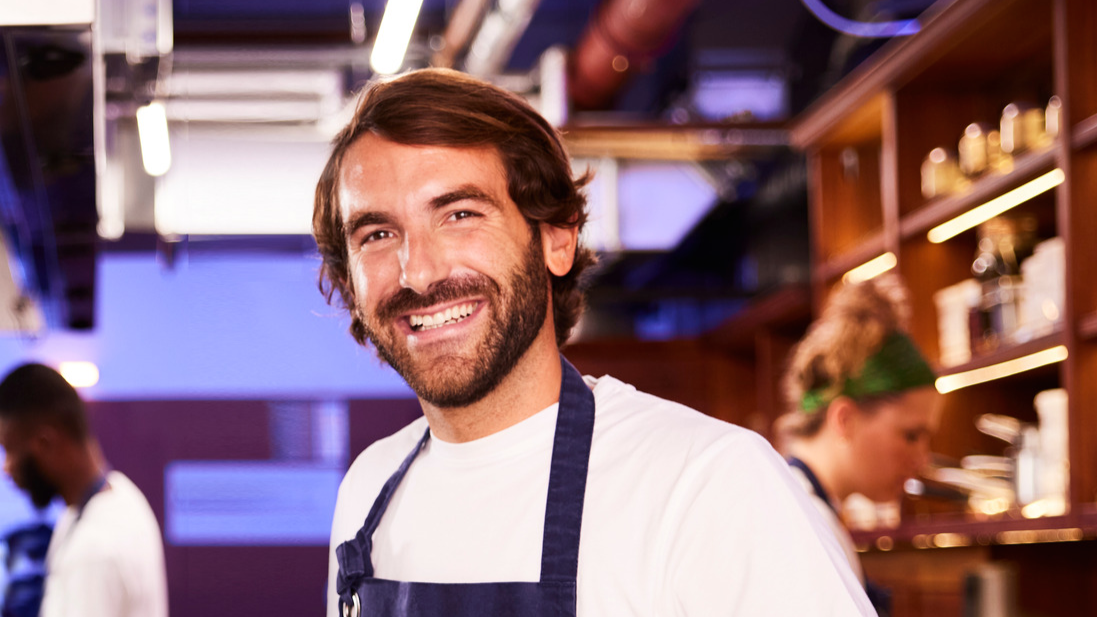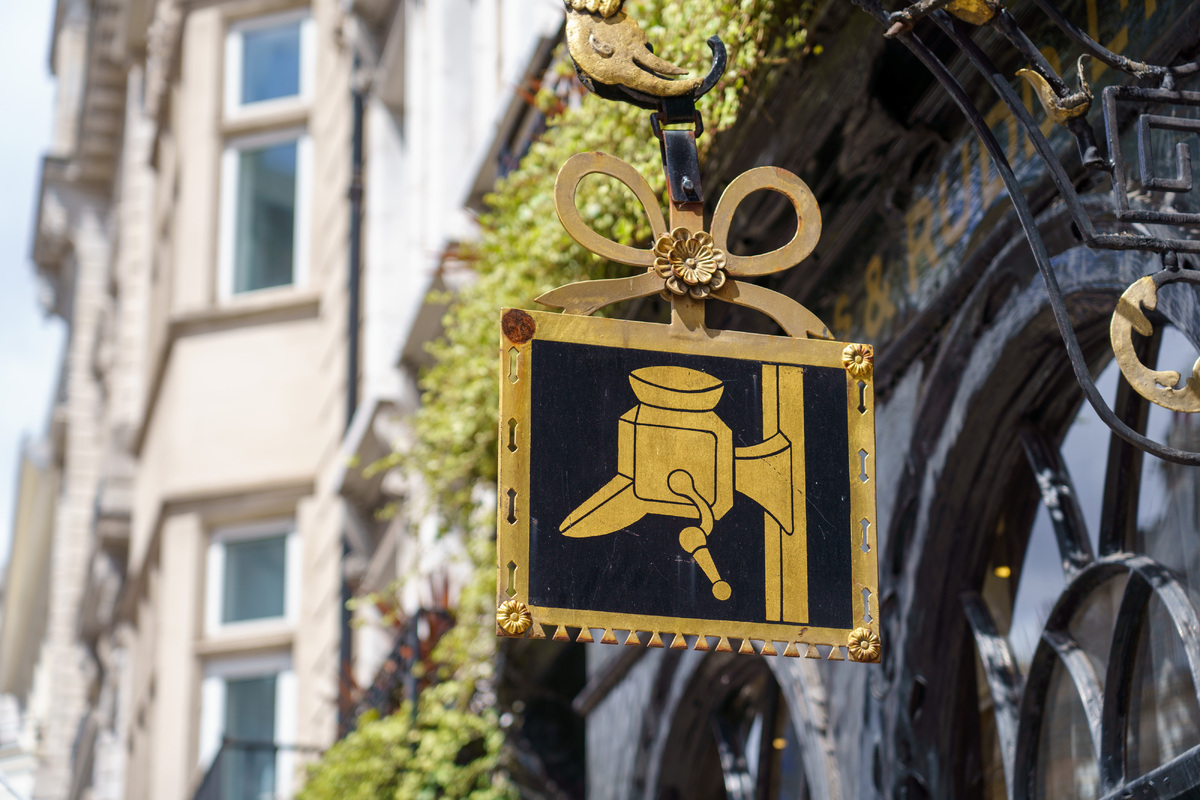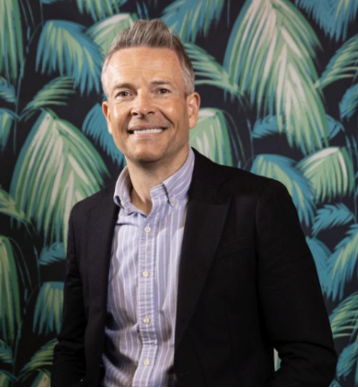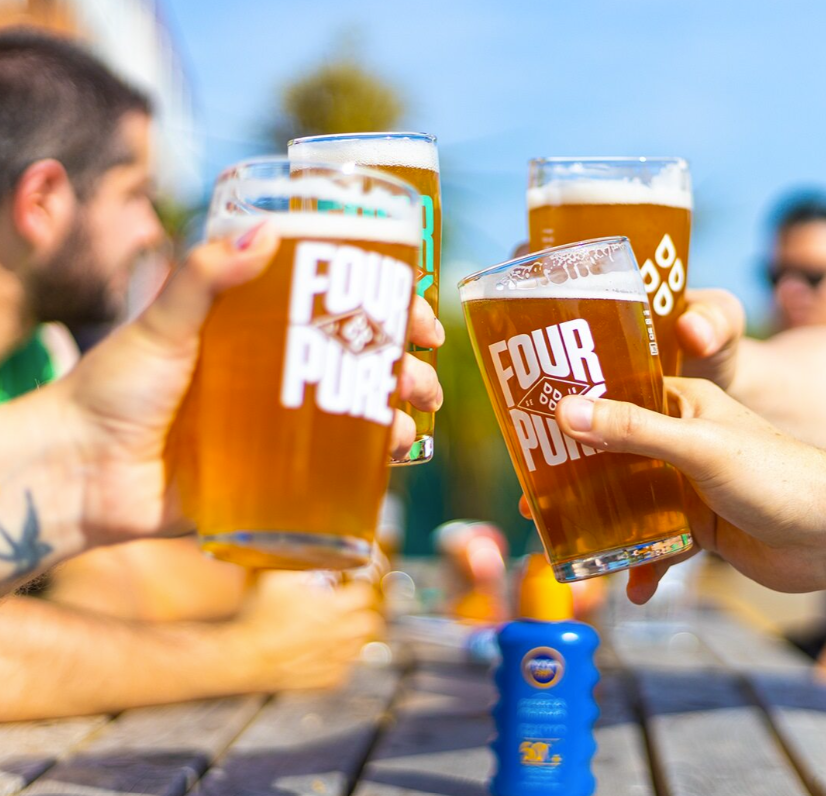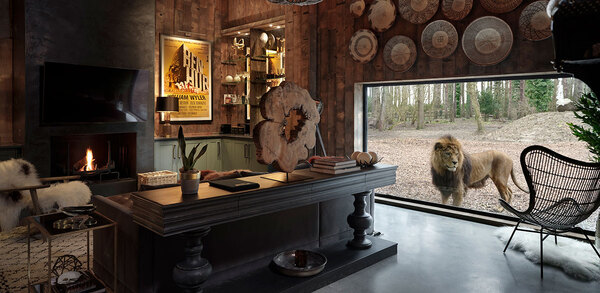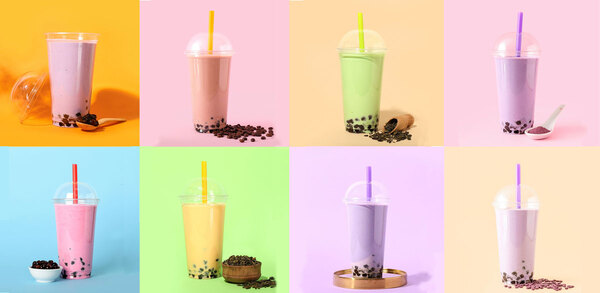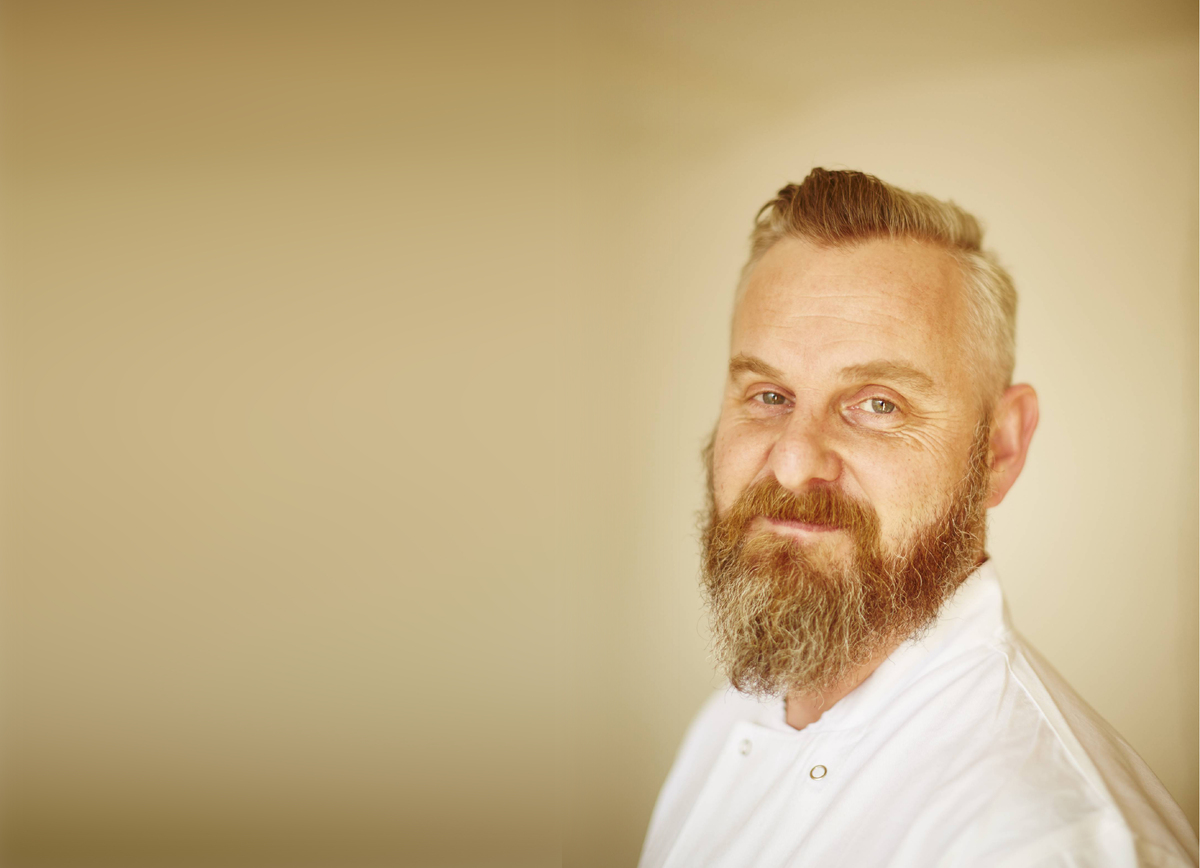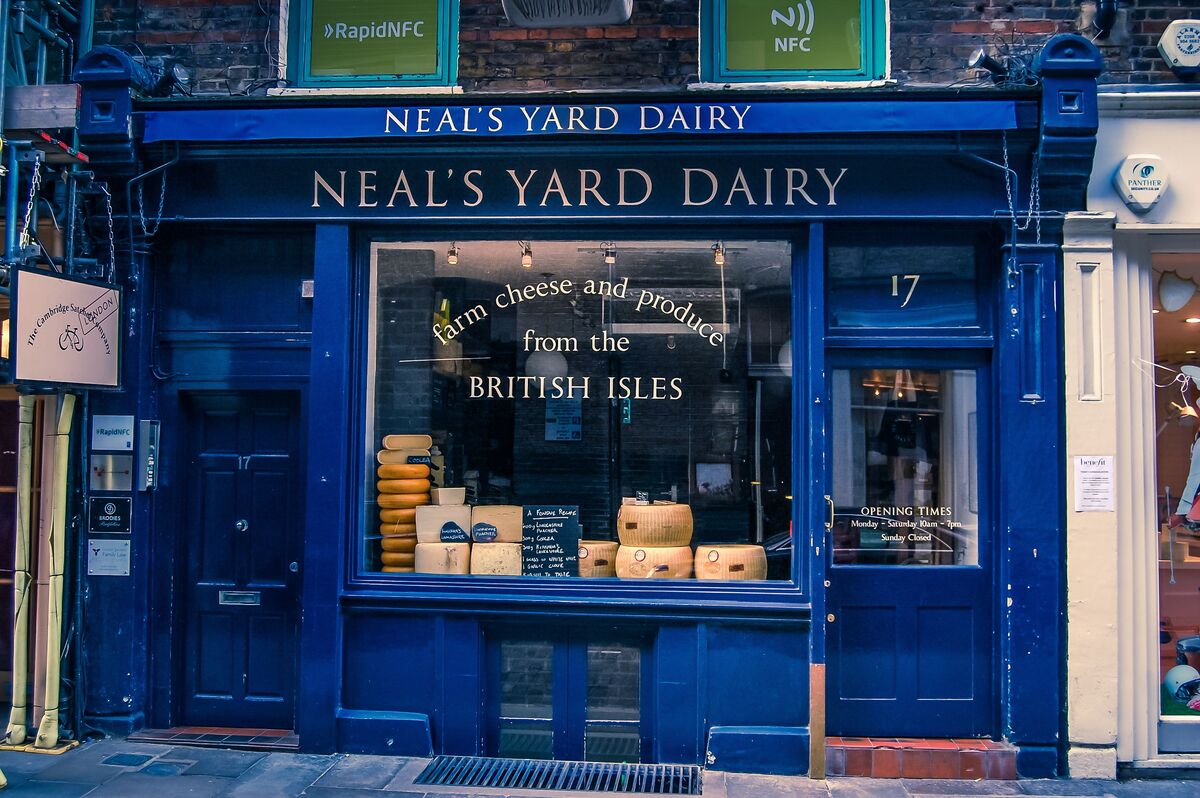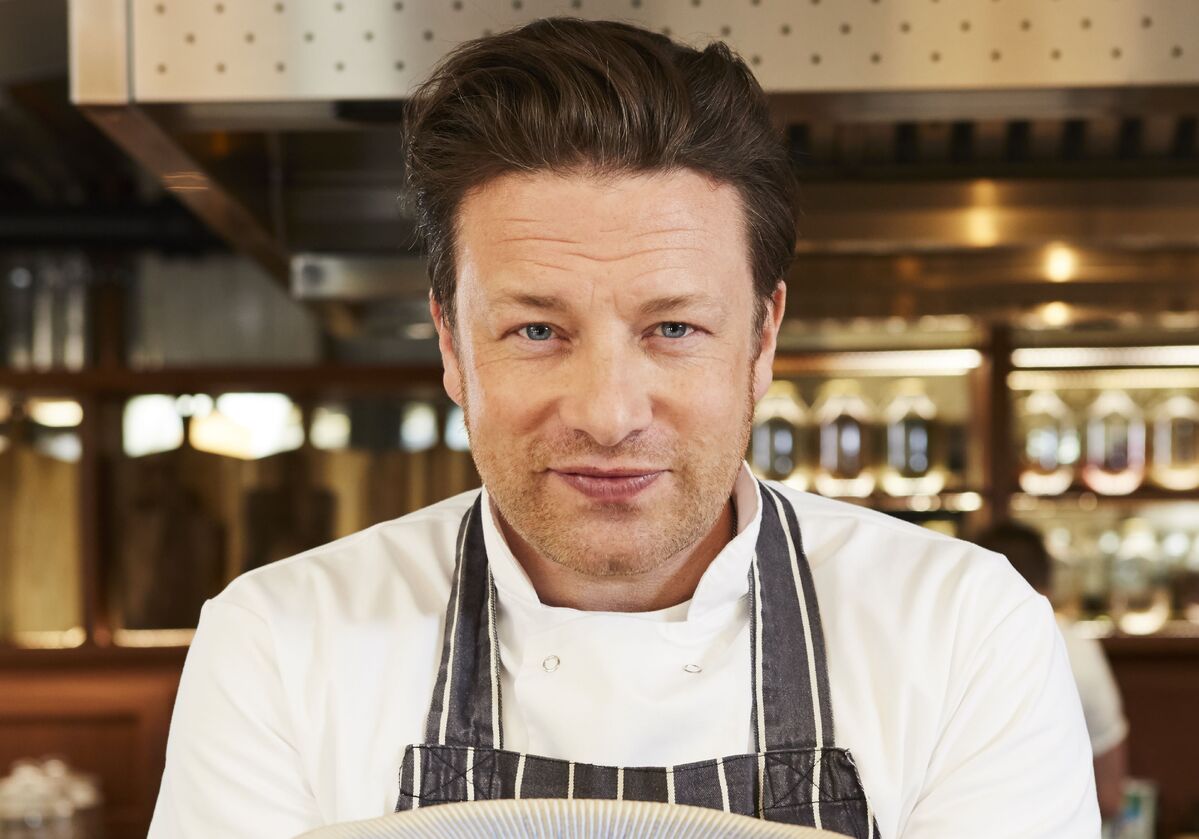Minute on the clock: Anton Soulier, founder, Taster
Anton Soulier, founder of delivery-first restaurant group Taster, speaks to Jungmin Seo about collaborating with Jamie Oliver and the challenges of operating a hybrid business.
How is Taster different from other delivery companies?
We created Taster was to create digitally native food brands in collaboration with food influencers and food celebrities. To give you an example, we launched a brand a year ago with the biggest food YouTuber in Europe. He has five million followers. The day we launched, we had 80,000 followers in two hours. In terms of food, we’re also obsessed with quality and customer experience, and we put a lot of thought about selecting the right suppliers.
What do you mean by a “digitally-native food brand”?
If you compare us to a more traditional brick and mortar restaurant, they start by coming up with a concept, a menu, and then the second is around location. We think about the food first, but then people are going to find us online through Instagram, because people like talking about us. We need to think about how we’re going to present the menu and how we can stand out online, but at the end of the day, it’s around food.
Is there still a benefit to having a physical presence on the high street?
Absolutely. We have franchisees who are operating the brands and more and more demand outside of London of people wanting to set up a Taster shop on the high street. We have 120 locations at the moment and the great percentage of that is actually on the high street, where we have a click and collect area where they can see the food.
You launched Pasta Dreams with Jamie Oliver last month. How did the partnership come about?
One of my dreams was to one day partner up with someone like Jamie Oliver, because he is a very inspiring personality. The pasta category is a growing category especially on delivery, and when we spoke to the [Jamie Oliver] team, they knew us as well. They wanted to jump into this market, so we were naturally a great fit together.
How do you integrate sustainability in a hybrid brand?
Always be ruthless about the selection of suppliers. We try to encourage local suppliers where we can, that’s the first thing, and the second thing is technology. By tackling waste, you solve a big part of the problem. Currently our waste across the network is 2% because we have an algorithm that connects our technology around sustainability. Our price point is not cheap; we are never going to fight to be the cheapest in the market.
What do you want to do with Taster now that you couldn’t with Deliveroo?
I think it was a very different business. When I was at Deliveroo, I couldn’t go to a kitchen. What excites me about Taster is that it’s kind of like being on the other side. Deliveroo is also a very good logistics company, delivering from A to B, but our whole job at Taster is to create an iconic food brand.



